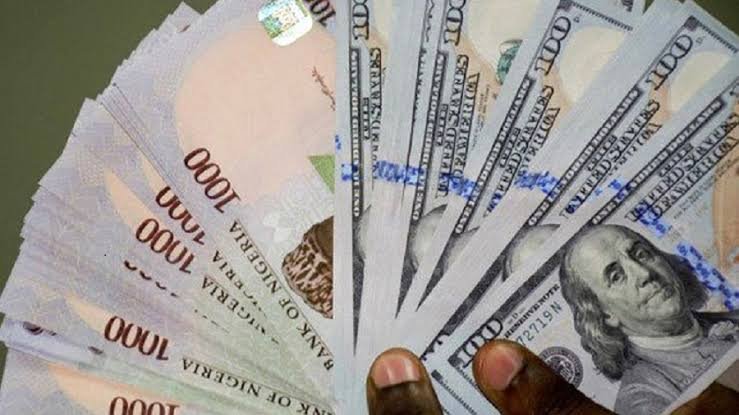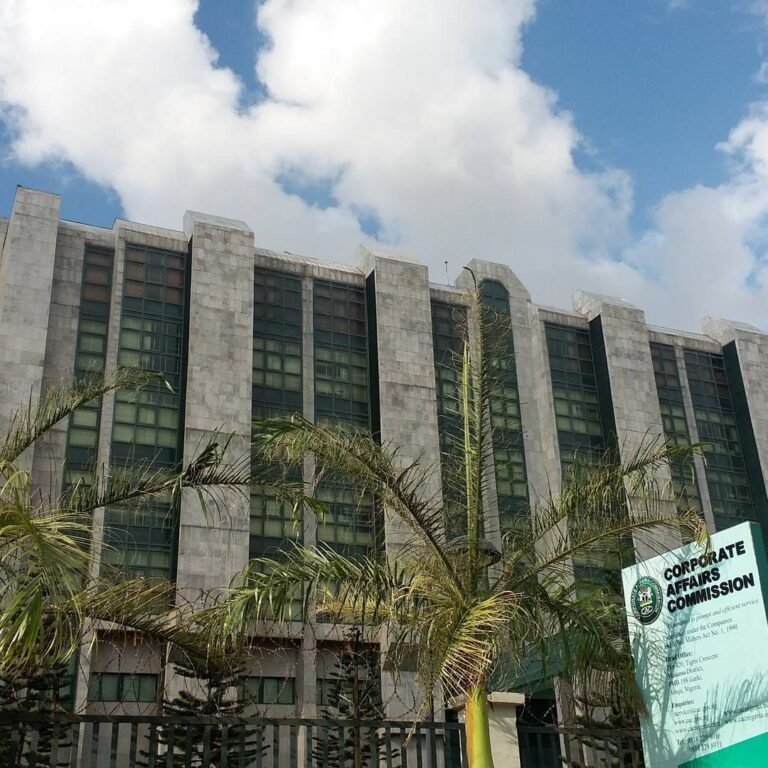For years, Nigeria maintained multiple exchange rates, creating a breeding ground for distortions, inefficiencies, and corruption in the foreign exchange market. Calls for a single market-determined exchange rate from international organizations like the International Monetary Fund and the World Bank were met with resistance. The central bank argued that this protection of the naira was crucial to shield the country from external shocks and preserve its foreign reserves.
But in a bold and daring move, Nigeria’s central bank has recently announced a policy shift that could have far-reaching implications for the country’s economy and its people. The decision to unify the naira and the dollar exchange rates, effectively devaluing the local currency at the official rate by over 40%, has sent shockwaves through the financial world.
This recent action represents a fulfilment of President Tinubu’s inaugural promise. First, President Tinubu suspended and detained Godwin Emefiele, the governor of the central bank and accused him of serious allegations of money laundering, terror financing, and abuse of multibillion-dollar lending programs. Emefiele’s arrest received wide acceptance because a few months ago, he implemented an unpopular policy of replacing high-denomination naira notes, leading to a cash shortage for the people.
Under the leadership of the acting CBN governor Folashodun Shonubi, the exchange rate unification was implemented on June 14, 2023. Shonubi announced that the official exchange rate would now be determined by market forces, marking an end to the longstanding peg of N460 per dollar. The market reacted swiftly, with the naira plunging to a record low of N664 per dollar at the official market, while trading at around N750 per dollar on the black market. Citizens see this as a positive sign of policy reform and transparency, attracting investors who view it as a green light.
However, there are valid concerns about the potential consequences of this new exchange rate regime. Many Nigerians worry about the impact of an expensive official currency on their purchasing power, inflation, and living standards. As a net importer of goods and services, Nigeria heavily relies on imports for essential commodities such as food, fuel, machinery, and medicine. With a devalued official naira, the cost of these imports will skyrocket, driving up production and consumption expenses.
Economists warn that the country may experience a short-term inflationary surge. The costlier imports will exacerbate the already high inflation rate, which reached 22.41 percent in May 2023.
The devaluation of the naira will add to the government’s debt burden as external borrowing is heavily relied upon to finance the budget deficit and the unification of exchange rates does not guarantee sufficient foreign currency supply to meet demand.
In the same vein, the central bank has placed a bet on growth with the new policy, hoping that allowing the naira to find its true value will stimulate economic activity, attract foreign capital, and improve fiscal discipline. The fixed rate of 410 naira per dollar used for official transactions has been replaced with a more flexible investors and exporters exchange rate.
The new policy represents a bold move by Nigeria’s central bank. It holds the potential to unlock economic growth, attract foreign capital, and improve fiscal discipline. For years, economists and analysts have vehemently argued that the multiple exchange rates were detrimental to the economy, fostering corruption, discouraging foreign investment, and distorting trade and fiscal statistics. In 2020 alone, Nigeria maintained at least four different exchange rates, ranging from 305 naira to 477 naira per dollar, according to the World Bank.
The success of this reform hinges on its implementation and communication to the public and the markets. The central bank must ensure transparency, consistency, and credibility in its policies and actions while fending off political pressures and avoiding any backsliding. Complementary measures to boost productivity, diversify the economy, and improve the business environment are necessary to fully reap the benefits of a more flexible and realistic exchange rate regime in Nigeria.
As the country looks towards a prosperous future, bold decisions like this are existential as they are important. The unification of the naira and dollar is a critical moment for Nigeria’s economy; time will show us how this move will propel Nigeria towards a more prosperous future.














